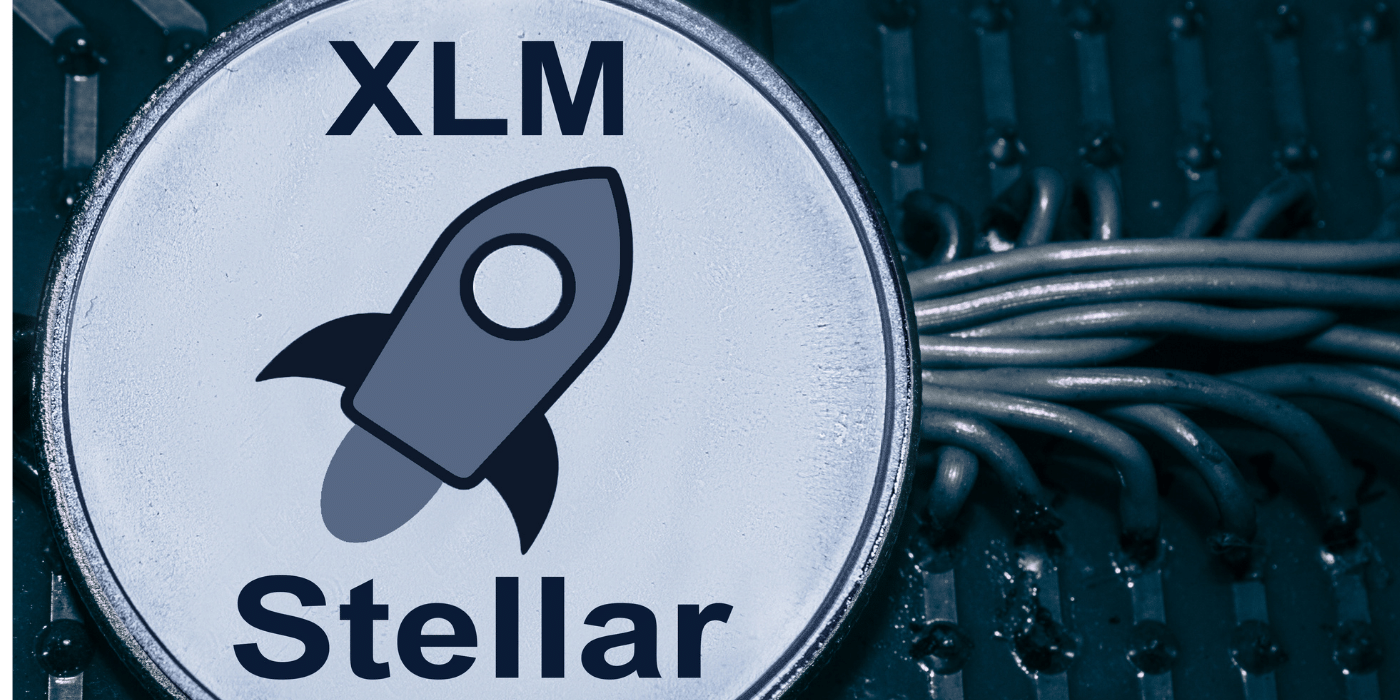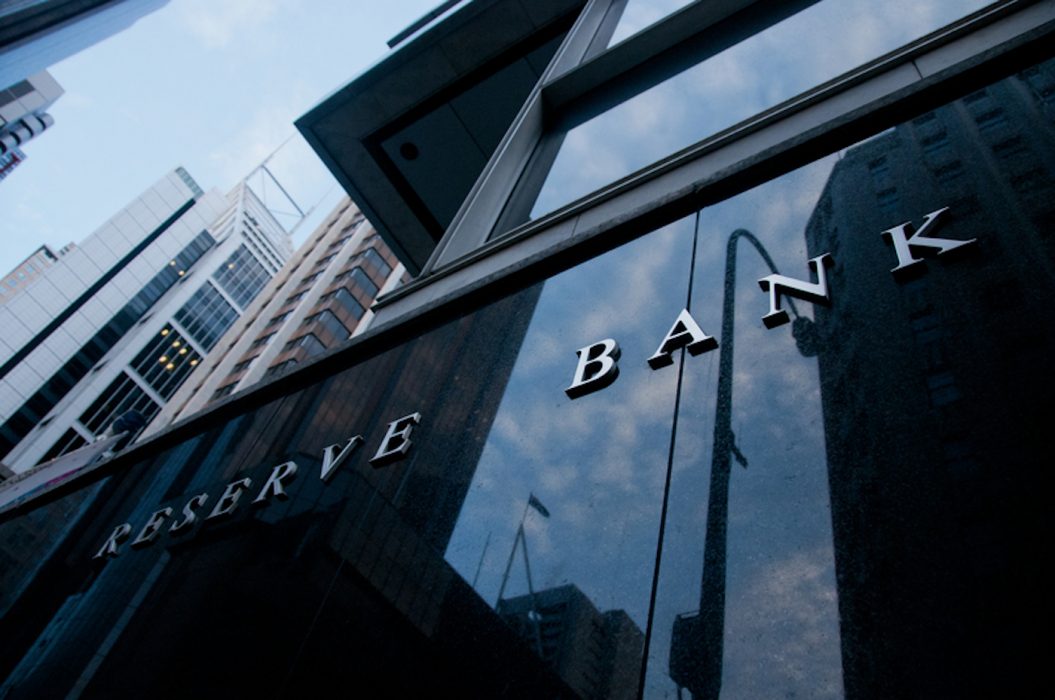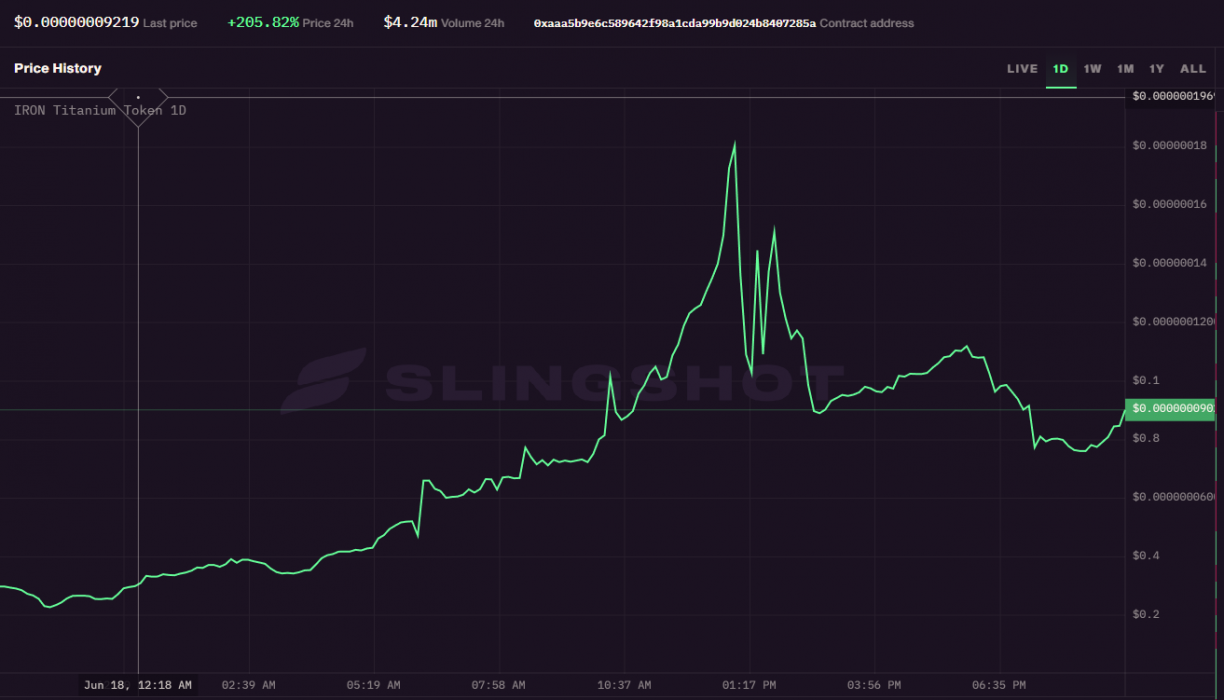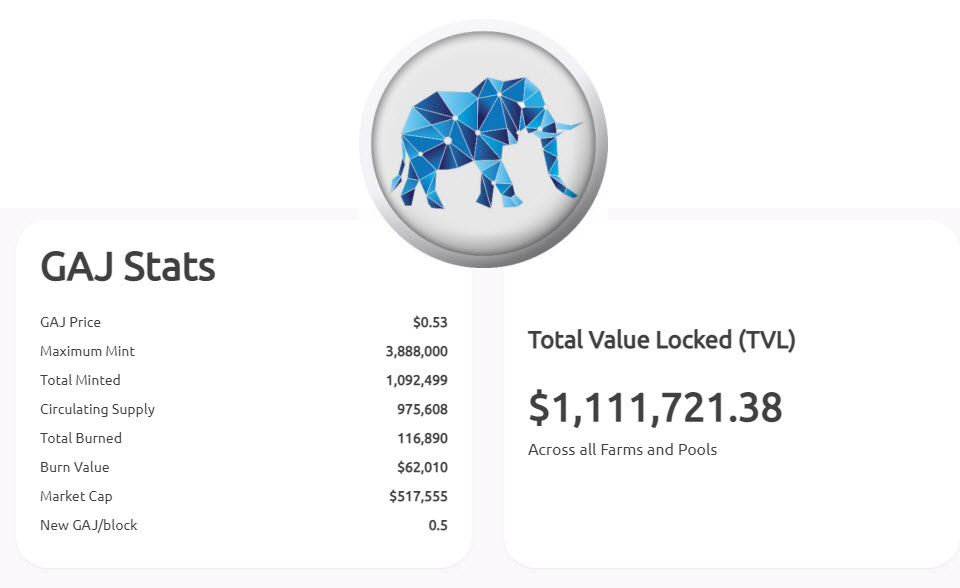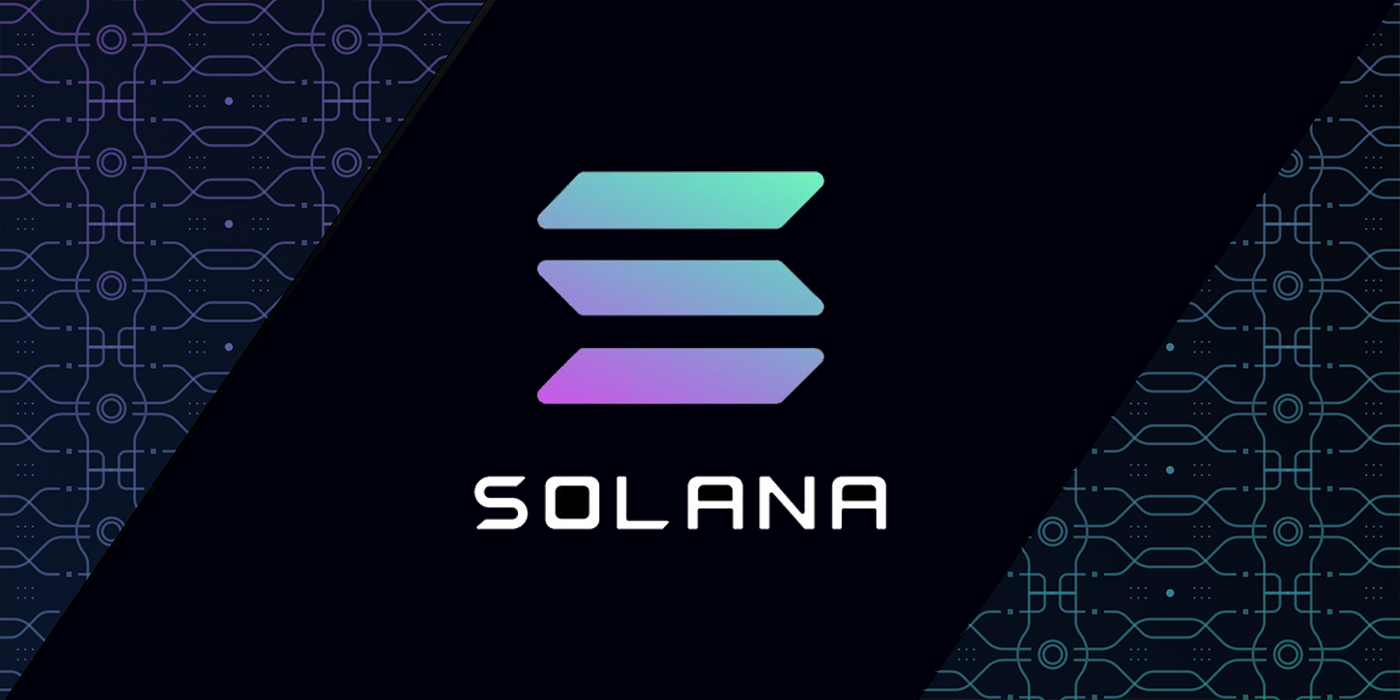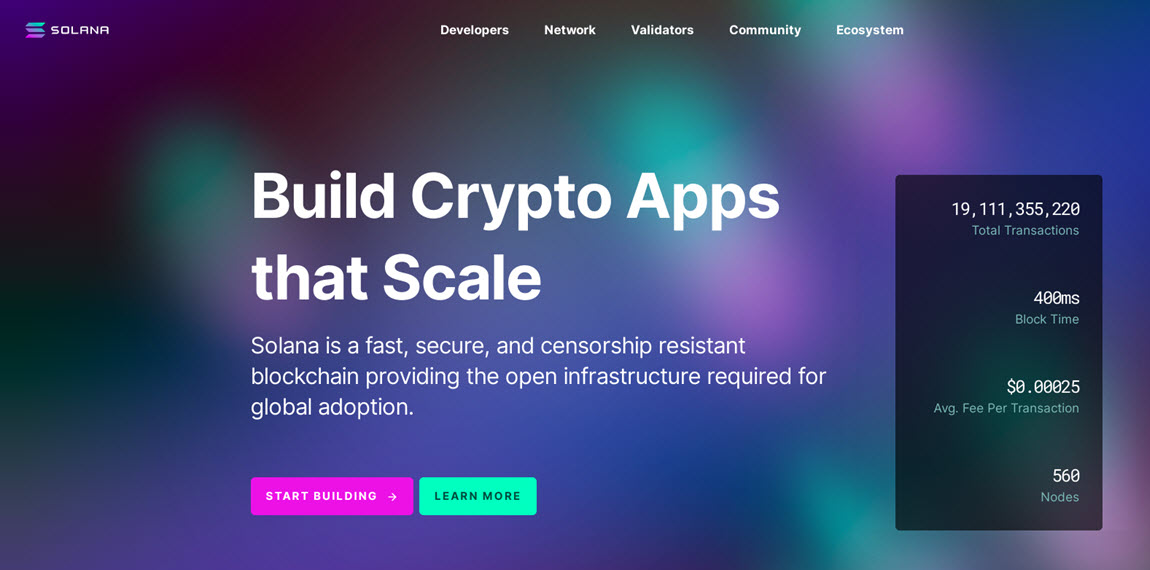Open source blockchain payment network and protocol Stellar is another step closer to enabling decentralised finance (DeFi).
Two potential changes to the protocol that would enhance DeFi exchange through the introduction of automated market makers (AMMs) were discussed via a recent meeting of the Stellar Development Foundation, which was live-streamed on YouTube.
There’s general agreement that AMMs, which allow for the creation of liquidity pools, are a simple way to attract capital and enable high volumes of trading, and that introducing them to the protocol would have great benefits for the network. It means better liquidity, which means better exchange, which means better cross-currency payments.
Justin Rice, Head of Ecosystem, Stellar Development Foundation
Adding AMMs and liquidity pools to the Stellar Decentralised Exchange (SDEX) has the potential to attract more traders and reduce transaction costs. Improving liquidity is a key facet of Stellar network’s 2021 roadmap.
DeFi Exchanges Transforming Trade
Market participation on DeFi exchanges is increasing significantly: monthly trading volume was on track to exceed US$55 billion in January, while open source and privacy-focused web browser Brave recently announced plans to build a decentralised exchange aggregator.
It remains to be seen whether enhancements to the functionality of Stellar will further increase the popularity of its native digital currency, the Lumen (XLM), which experienced a breakout in late 2020.

